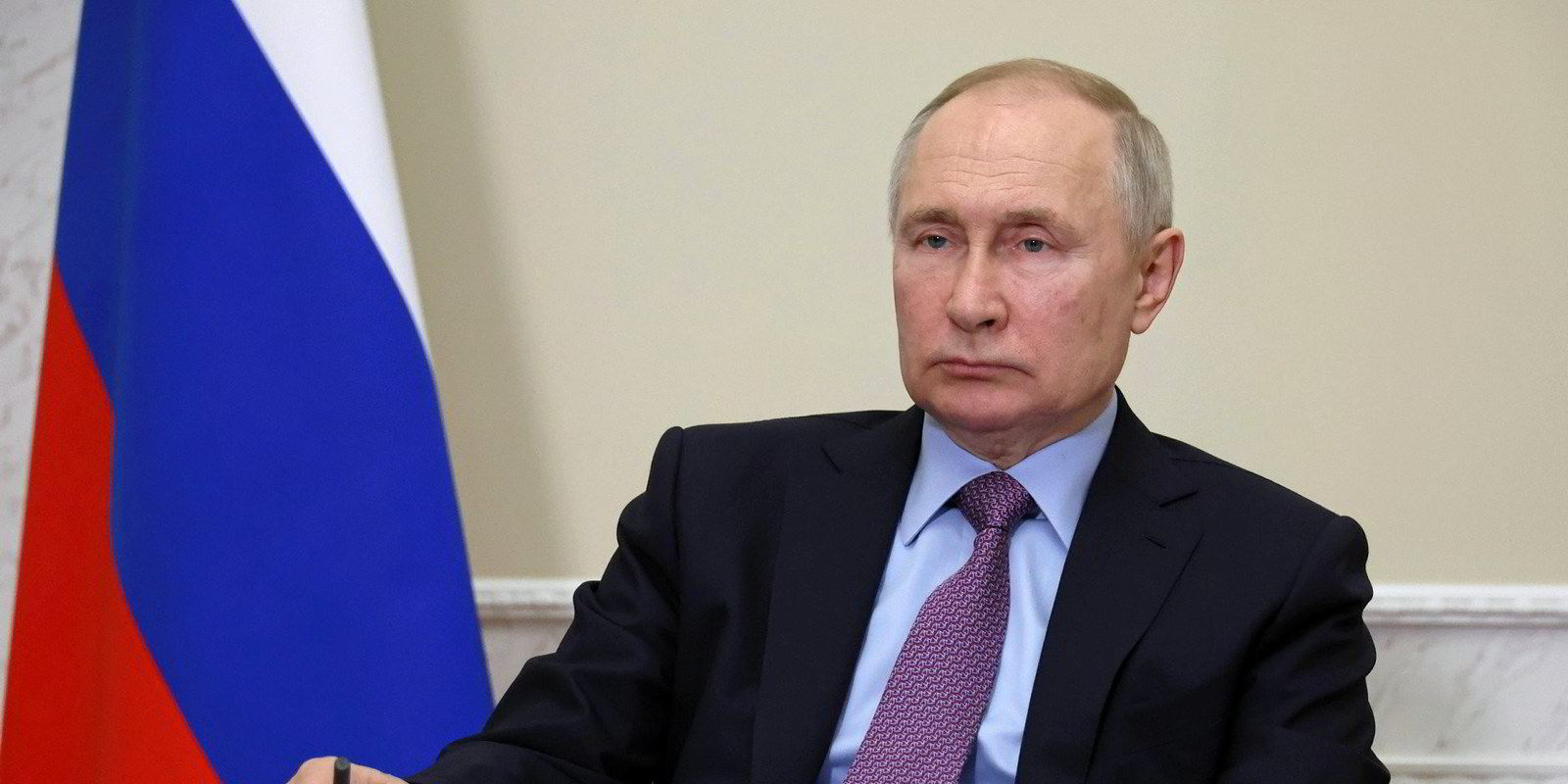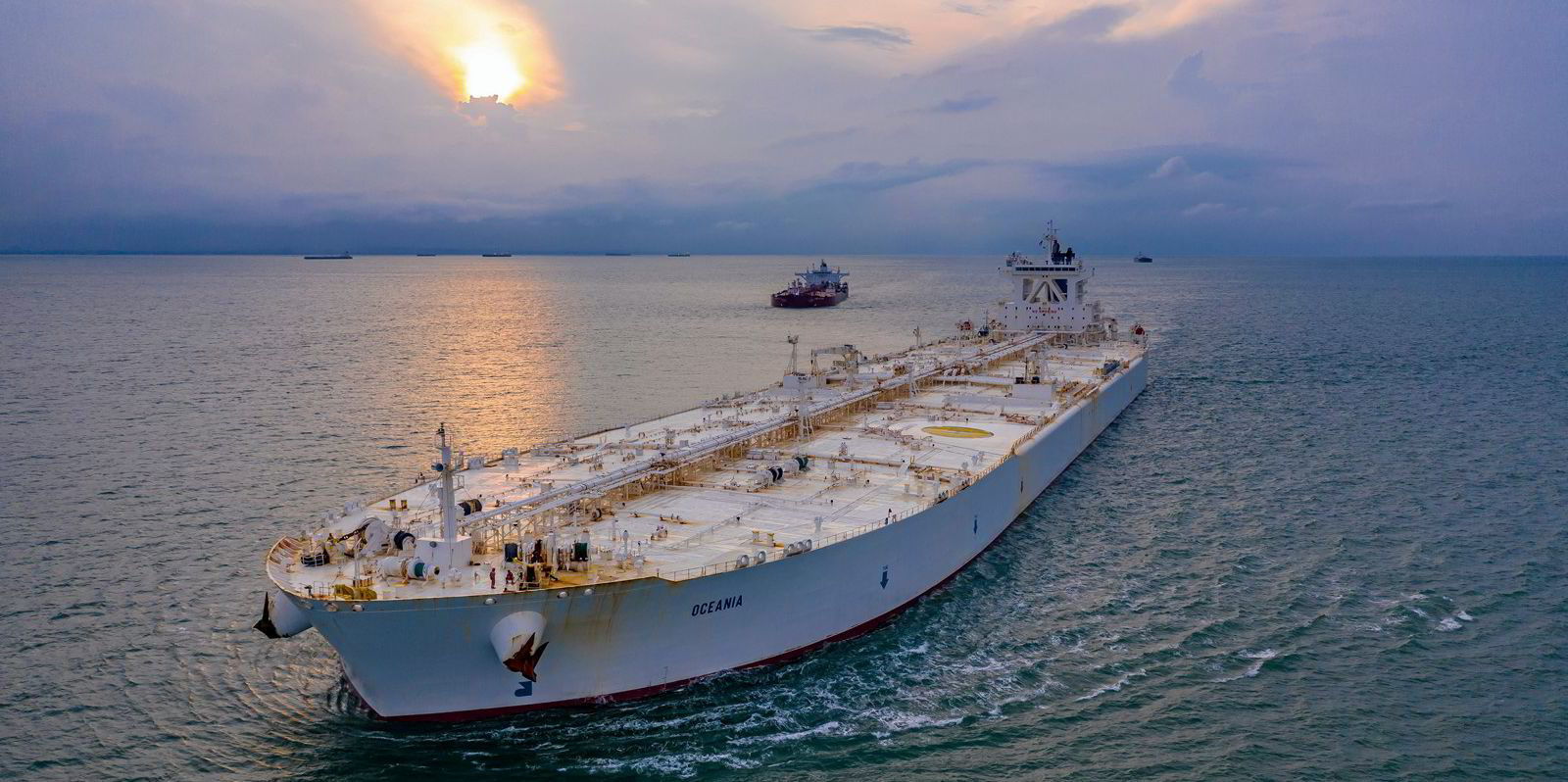Tanker owners face a long-term choice over what kind of companies they want to be when the Ukraine war and related sanctions come to an end.
French shipbroker BRS believes the sector is right to be confident about earnings and asset values, as the conflict will continue to disrupt trade patterns and support tonne-miles for as long as import bans remain.
“Indeed, arguably Europe will never again import the volume of oil which it previously did from Russia, which implies that tonne-miles will remain supported above their previous pre-war levels,” the Paris shop wrote in a report on sale-and-purchase prospects for 2023.
“Since we do not expect drastic change to the fleet, this suggests that tonne-miles would only shrink if the world economy sank into a severe recession. Never say never, but this seems unlikely.”
The broker said this then opens up “more philosophical” questions for owners.
When there is no legal or illegal path, companies will have to pick a side as to whether to trade Russian cargoes.
BRS said it would be too simplistic to boil this down to a moral choice.
But the question relates to what image a company will want to portray to the industry, governments, associates and even family and friends.
“The fact that some banks are starting to refuse to finance Russian cargoes (whether or not under price caps) might help some of them to choose quickly,” the broker added.
It also said 2022 should have been the year when tanker owners seriously focused on decarbonisation and energy efficiency rules.
Time to catch up
Technical departments may have done so, but the decision makers at the top of companies were more concerned with market volatility and seizing opportunities, the broker argued.
“We believe that in 2023 they will have no other choice but to catch up and put in place their strategy to accompany decarbonisation,” it said.
New orders will be placed this year, but owners remain unclear on what future fuel to opt for.
“Looking to the past with the failure of Betamax against VHS, we know that the best solution is not automatically the one prevailing,” BRS concluded.





